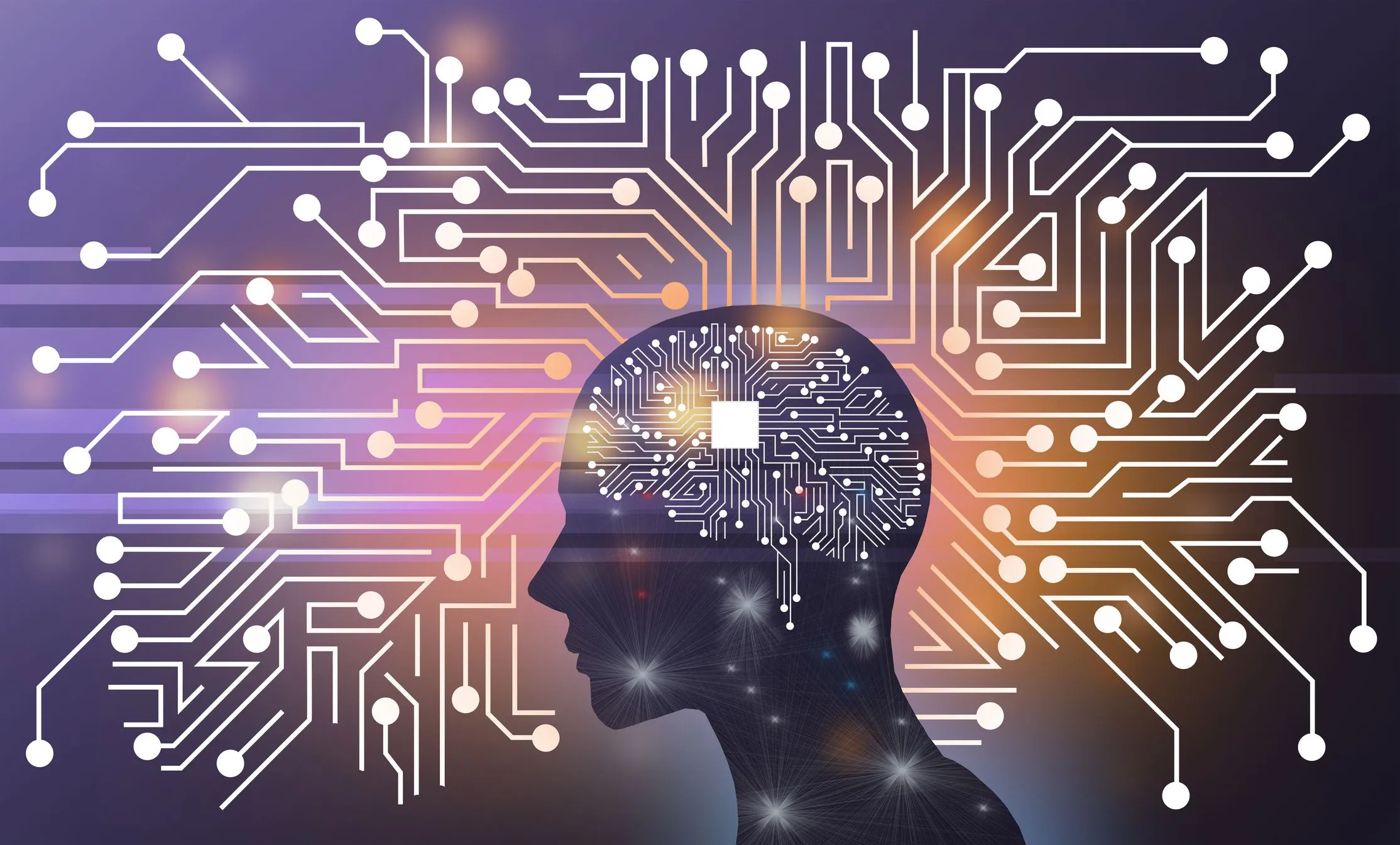300+30: Enhancing Human Cognition with Brain-Cloud Interfaces

The Future of Cognitive Enhancement
300+30 Brain-Cloud Interfaces (B-CIs) are poised to transform cognitive abilities significantly. Futurist Ray Kurzweil speculates that advancements in nanotechnology could lead to a revolution in how we process information, enabling brains to access vast data networks seamlessly.
The Mechanism Behind B-CIs
Researchers suggest that tiny nanobots could be embedded in brain cells, enhancing communication and boosting cognitive capacity. These nanobots, targeted for placement in neurons, synapses, and glial cells, would enable real-time processing and interaction with cloud-based data.
- Nanobots could monitor brain activities and optimize data transfer.
- Embedding in neurons is crucial for improved cognition.
- Utilizing the cloud could lead to a collective social intelligence.
Ethical Implications
While the potential benefits of B-CIs are immense, ethical considerations such as privacy and equitable access must be addressed. Innovations must foster inclusivity and safeguard individual rights as we tread into this new frontier.
Conclusion on B-CIs
In summary, 300+30 advancements in brain-cloud technology hold the promise of connectivity and enhanced cognition, forging a path toward a collective intelligence that could redefine human interaction.
This article was prepared using information from open sources in accordance with the principles of Ethical Policy. The editorial team is not responsible for absolute accuracy, as it relies on data from the sources referenced.